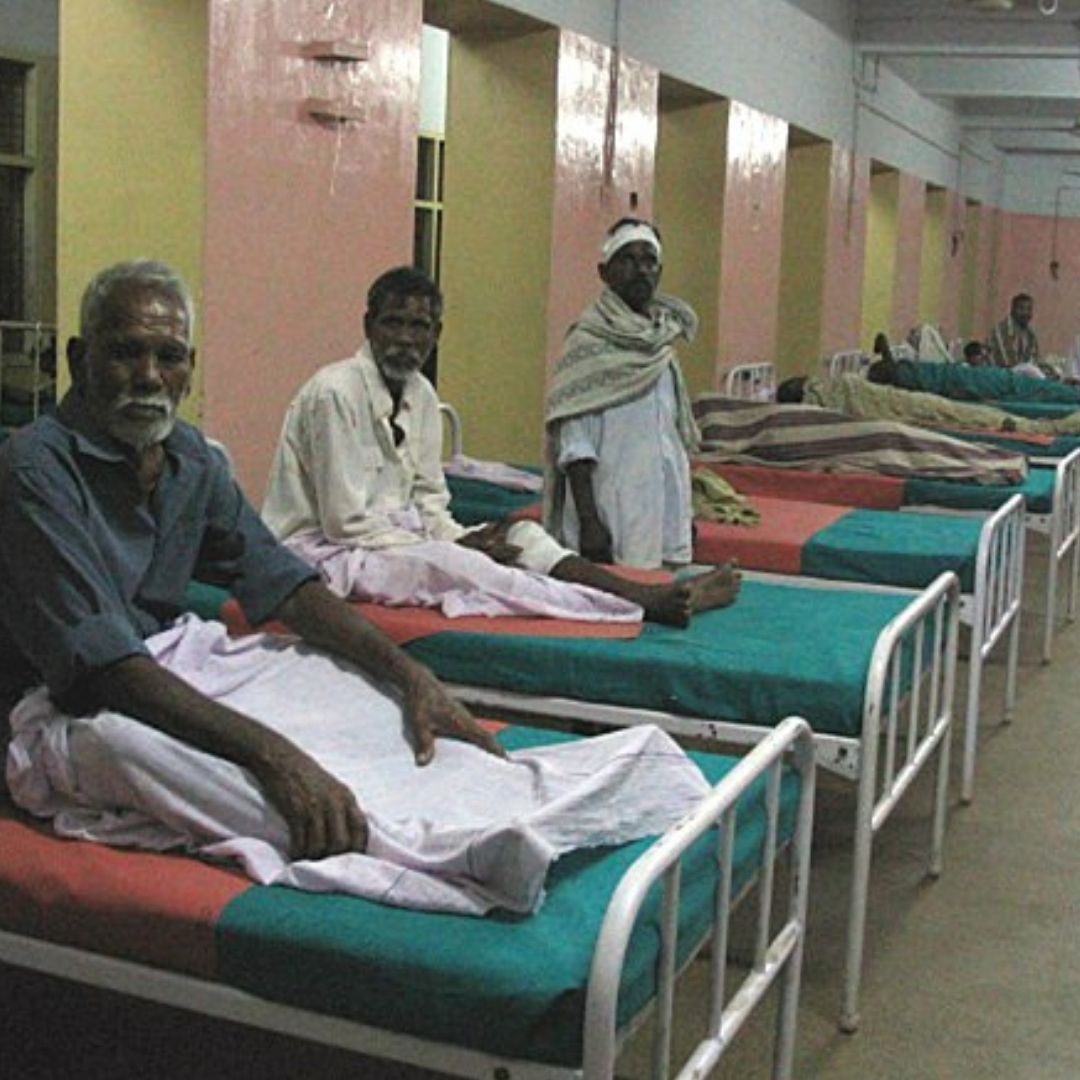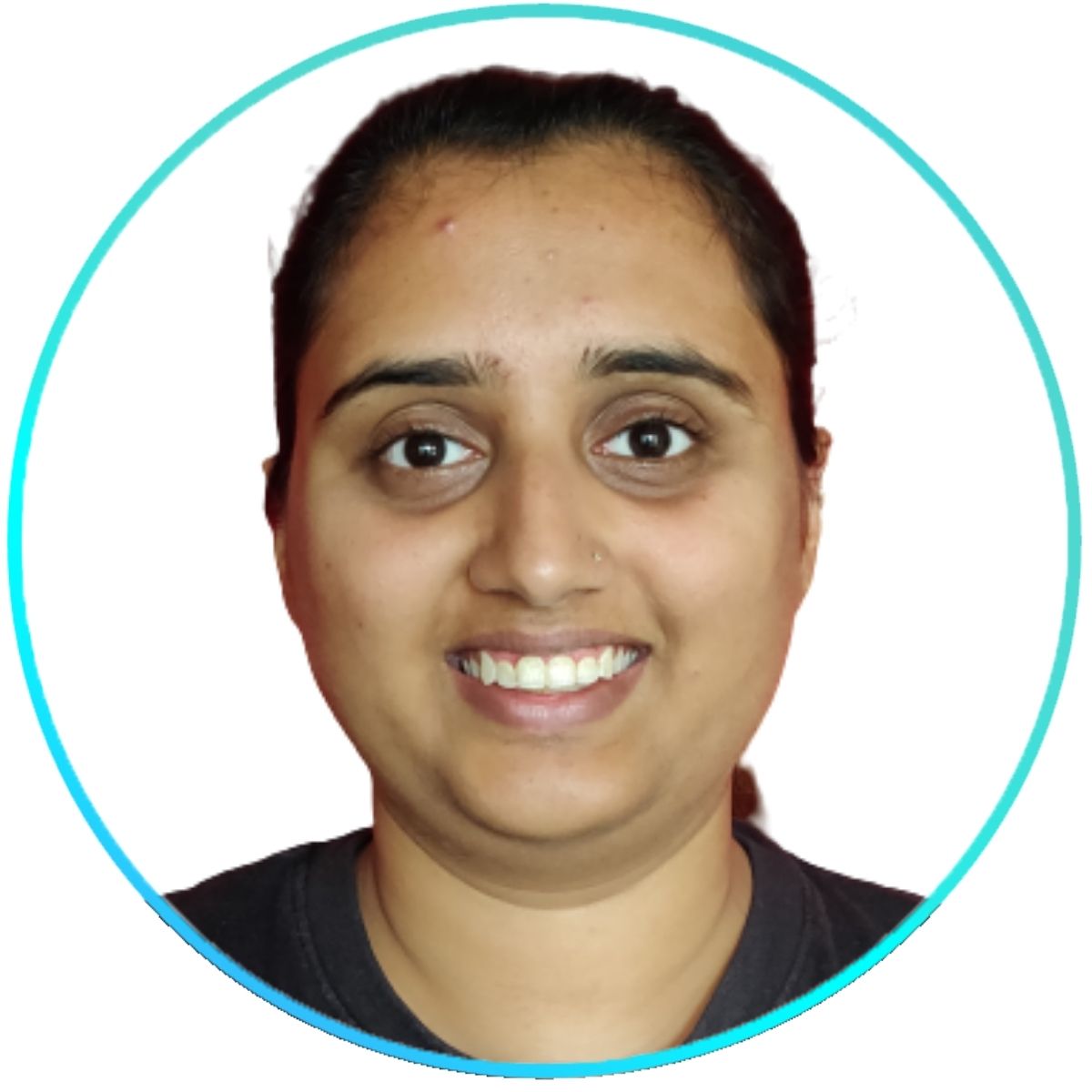
Image Credits: Wikimedia
33% Muslims, 20% Dalits And Tribals Faced Discrimination On Accessing Healthcare: Oxfam Study
Writer: Akanksha Saxena
I am a budding journalist who loves to write stories that have the ability to connect with people.
India, 25 Nov 2021 2:01 PM GMT
Editor : Ankita Singh |
A literature lover who likes delving deeper into a wide range of societal issues and expresses her opinions about the same. Keeps looking for best-read recommendations while enjoying her coffee and tea.
Creatives : Akanksha Saxena
I am a budding journalist who loves to write stories that have the ability to connect with people.
The report titled 'Securing Rights Of Patients In India' looked into inequalities arising during COVID-19 in the country's healthcare sectors, from treatment to the vaccination rollout.
An Oxfam study titled 'Securing Rights of Patients In India' states that 30% Muslims and 20% Dalits and Tribals faced discrimination while accessing healthcare in India. Published on November 18, it looks into various inequalities people had to face during COVID-19. From getting the necessary treatment to the vaccination roll-out, they were highly daunting for everyone involved.
For the necessary inferences, the report did two surveys with questionnaires. The first survey was done between February 2021 and April 2021, receiving 3890 responses and the second one between August and September 2021 with 10,955 answers. This covered 28 states and 5 Union Territories.
Patients' Rights Being Compromised
One of the report's surveys looked into the patients' rights around the country. The COVID-19 pandemic proved detrimental to the healthcare infrastructure. "The pandemic has stretched beyond breaking an already abysmal state of patients' rights in India's healthcare system. Patients had to endure various indignities that included being denied essential healthcare facilities, forced to pay inflated bills in private hospitals and being refused admissions for emergency services without a COVID-19 test," said the study. It also showcased numbers indicating discrimination faced by minority groups.
A questionnaire was made based on the 'Charter of Patients' Rights.' Citizens in the age group 18 to 24 formed a significant chunk of respondents. Out of 3890 people, 3242 were men, 643 were women, and 5 were transgender people. It looked into all of the rights mentioned in the charter, depending on the public's responses. Under Right to Information, 74% of patients felt that they did not fully understand their illness. There, the doctors did not make enough effort to explain it to them. "57% of respondents did not receive information about investigations and 55% not informed about probable complications," said the report.
It was worse for patients coming from minority communities. Around 33% of Muslims and 20% of Dalits and Adivasis were discriminated against while accessing healthcare facilities. The Oxfam study quoted the unfortunate incident with the Tablighi Jamaat in 2020, with rampant Islamophobia spreading across the country. "In Mumbai, many Muslim women felt that there was a difference in how the public health facilities staff spoke to them," the study said.
People in Scheduled Castes were denied admission to hospitals. 21% of villages in India did not allow Dalits to access treatment from the public health centre. Tribal patients stated that non-tribal health officials spoke to them "in a condescending manner." Many migrant workers returning to their hometowns did not have it easy because the community and the healthcare professionals mistreated them and looked down upon them.
Several women around the country had privacy issues. Around 35% of women underwent physical underwent with a male attendant present. "This is not just an issue of privacy and dignity, but women's health and safety. Most women are not comfortable with being treated by male doctors without the presence of another woman in the room," said the Oxfam report.
Irregularities In Vaccination Drive
The government has lauded the country's immunisation efforts to fight against COVID-19. Last month, India crossed the 100-crore milestone in administering vaccines. While this is an achievement, the road leading to it has not been easy. Around 80% of people believed that it is more challenging for a daily wage worker to get vaccinated than a salaried middle-class person.
A majority of the public also believed that vaccinations should not have rolled out in private hospitals. "To advance equity in vaccination, the state government should be given the flexibility to reduce vaccine allocation to private hospitals to avoid possible shortages of free vaccines," the report adds.
Another plaguing issue was accessibility. 95% of respondents strongly felt that the vaccination drive should have been easier for the elderly, people with disabilities and informal sector workers. Facilities like mobile vans, vaccination camps and door to door vaccination are the need of the hour. "88% believed that the government must ensure that marginalised groups such as street dwellers, migrant workers, immigrants, refugees and asylum seekers are given access without having to furnish documentation," Oxfam adds. Other problems included long queues, challenges in booking slots online and travelling a long distance to the vaccine centres.
Further, the respondents emphasised the need for vaccinating teachers, domestic workers, medical and grocery shopkeepers. The vaccination drive's first half was focused on inoculating healthcare and other frontline workers. With the narrow ambit, not everyone could be a part of this, leaving them vulnerable for quite some time. An information gap played a role in the irregularities. Over 60% of respondents felt they were not highly aware of the how's and why's revolving around the vaccine. "8 in 10 people thought that the government changed its COVID-19 vaccine policy too frequently, especially at the early stages of the drive.
Also Read: Delhi Records Over 7,000 Dengue Infections This Year, 5,600 Cases In November Alone
 All section
All section














